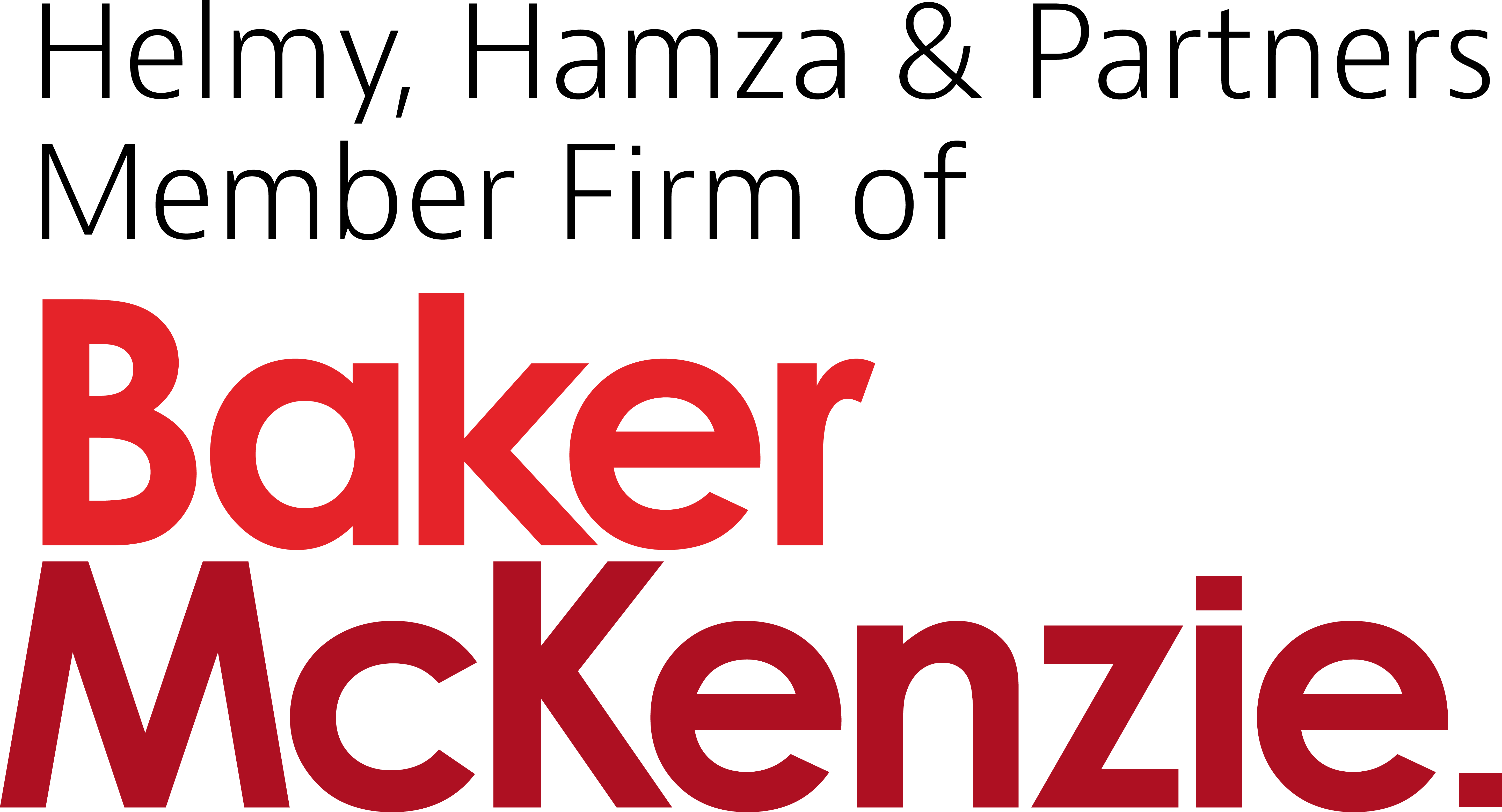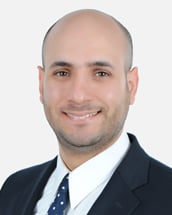In brief
The Egyptian Competition Authority (ECA) recently issued its first vertical restraints case prohibiting the vertical agreement between eight manufacturers and suppliers, along with their distributors (organized/hypermarkets and independent merchants). The ECA stated that were they found to have agreed on setting the minimum fixed resale price maintenance (RPM) and adopted Most Favoured Nation clauses (MFN) in distribution contracts of household electrical appliances. This conduct was deemed a violation of Article 7 of the Egyptian Competition Law No. 3 for 2005 (“ECL“).
In more detail
The ECA initiated a market study in the household electrical appliances market in Egypt, following repetitive price increases. Consequently, the ECA closely investigated the vertical chain involving manufacturers, suppliers and distributors (organized/hypermarkets and independent).
Upon investigation, the ECA established that the upstream companies set a minimum and fixed price for the products resale and unifying prices through MFN clauses with the downstream distributors and retailers.
Further, the upstream companies imposed sanctions or threatened the distributors and retailers in case of non-compliance with the imposed minimum RPM. For instance, they would stop dealing with the non-compliant company by not supplying the agreed quantities of the relevant products.
As a result, last week, the ECA’s Board issued its decision prohibiting these conducts and imposing the following remedies:
- Immediately ending all vertical restraint conducts (RPM and MFN);
- Amending all the contracts signed with retailers; and
- Removing all clauses, directly or indirectly, that impose minimum or maximum RPM and/or MFN.
It is worth noting that all the parties have begun implementing the imposed remedies issued by the ECA.
The ECA emphasises that RPM restricts competition in the market by restricting intra-brand competition by limiting (i) price competition between distributors and (ii) discounts to attract consumers.
The ECA has also added that MFN clauses are also anticompetitive as a supplier would not be able to offer the products at a lower price or on better terms to a more efficient distributor.
Conclusion and main takeaways
A number of enforcement trends can be noted from the above case including the following:
- Following several announcements, this is the first case where the ECA has officially prohibited RPM and MFN in vertical agreements (Article 7 of the ECL). Previously, these clauses were prohibited under the abuse of dominant position (Article 8 of the ECL), as previously seen, please refer to our client alert.
- This development is fundamental because the risk associated with RPM and MFN clauses has increased significantly in Egypt, as it is no longer a pre-requisite to have a dominant position to be considered a high-risk practice.
- To confirm, in vertical restraint cases, all parties to an agreement (i.e., supplier and distributor), are part of the violation under the ECL.
- ECA reconfirmed its previously stated position, in line with international best practices, that maximum or recommended RPM are not prohibited under the ECL, however, minimum and fixed RPM are prohibited.
* * * * *

© 2024 Helmy, Hamza and Partners. All rights reserved. Helmy, Hamza and Partners is a member firm of Baker & McKenzie International, a global law firm with member law firms around the world. In accordance with the common terminology used in professional service organizations, reference to a “partner” means a person who is a partner, or equivalent, in such a law firm. Similarly, reference to an “office” means an office of any such law firm. This may qualify as “Attorney Advertising” requiring notice in some jurisdictions. Prior results do not guarantee a similar outcome.






